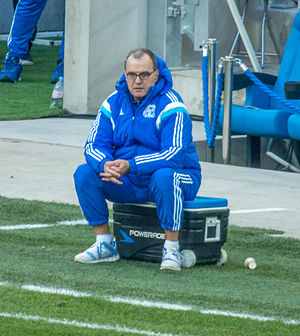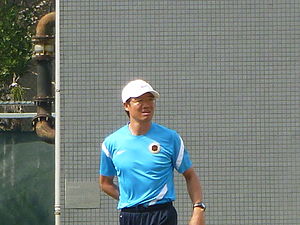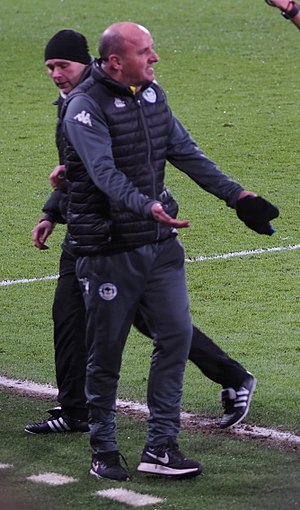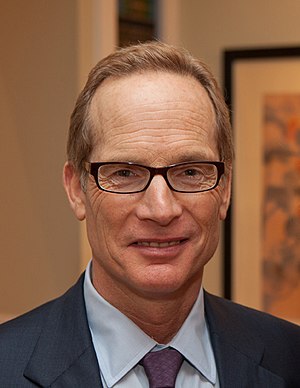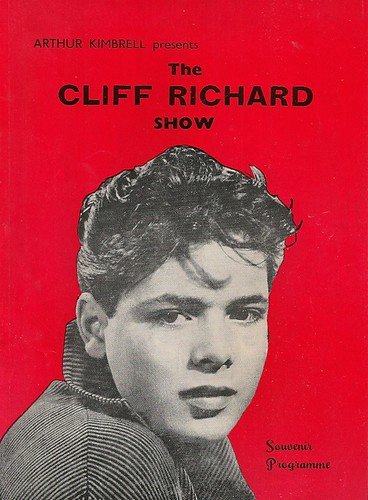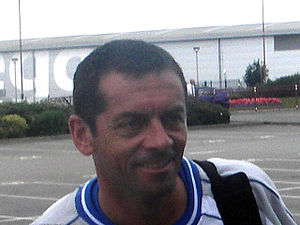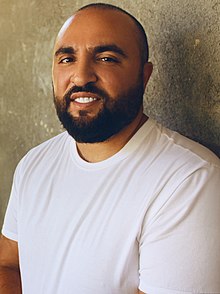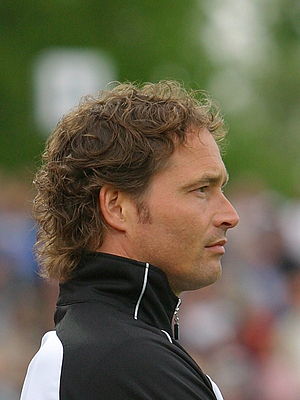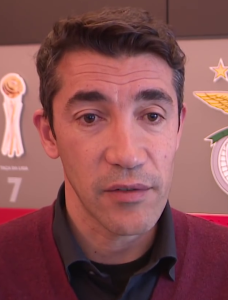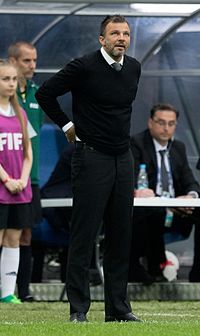On Bielsa's post match reaction, Tim Vickery of the BBC wrote:"In the press conference he sat staring into space, refusing to make eye contact with anyone – his usual stance. He was asked what he had made of the referee's performance. If the question was predictable, the answer was anything but. 'One doesn't usually have the habit of commenting on referees, but…' he said, leaving everyone to believe he would continue with a rant about a joker running amok with a whistle. Instead he proceeded with, 'but in respect of my expulsion, the referee was absolutely correct because I protested in an ill mannered form.'"


